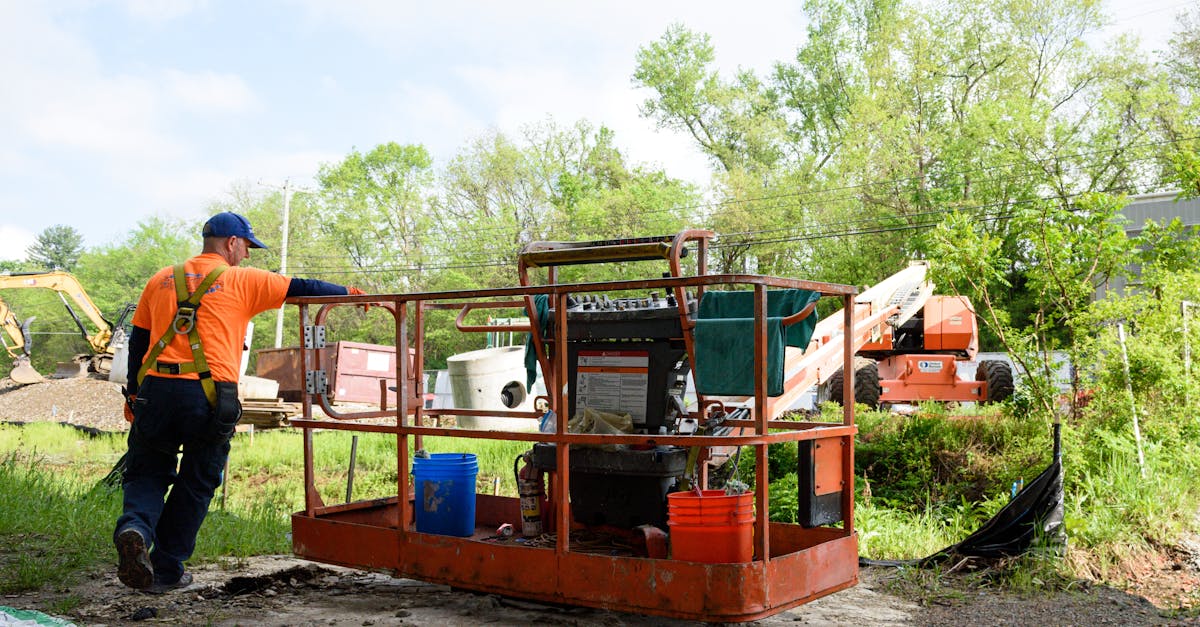
Outboard engines have revolutionised the boating world, offering a versatile and efficient means of powering a wide range of vessels. These engines, mounted externally on the stern of boats, provide thrust and steering control, making them a popular choice for recreational and commercial boaters alike. The evolution of outboard engines has been marked by significant technological advancements, which have enhanced their performance, fuel efficiency, and environmental impact.
The concept of the outboard engine dates back to the early 20th century, when inventors sought to create a portable propulsion system that could be easily attached to small boats. Over the years, the design and functionality of these engines have undergone dramatic changes. Modern outboard engines are now equipped with sophisticated features such as electronic fuel injection, advanced cooling systems, and improved noise reduction technologies. These innovations have not only made outboard engines more reliable but also more environmentally friendly, as they produce fewer emissions compared to their predecessors.
One of the key advantages of outboard engines is their versatility. They can be used on a variety of vessels, from small fishing boats to larger pontoons and even sailboats. This adaptability makes them an ideal choice for boaters who require a reliable and efficient means of propulsion. Additionally, the ease of maintenance and repair associated with outboard engines adds to their appeal. Unlike inboard engines, which are integrated into the hull of the boat, outboards can be easily removed for servicing, reducing downtime and maintenance costs.
Another significant benefit of outboard engines is their impact on boating safety. The ability to steer and control the boat with precision is crucial, especially in challenging weather conditions or crowded waterways. Modern outboards are designed with advanced steering systems that provide enhanced manoeuvrability and stability, ensuring a safer boating experience. Furthermore, the lightweight design of many contemporary outboard engines allows for improved performance and speed, making them a popular choice for competitive water sports.
In recent years, there has been a growing emphasis on sustainability and environmental responsibility within the boating industry. Manufacturers are increasingly focusing on developing outboard engines that minimise environmental impact. Innovations such as cleaner fuel technologies and reduced noise emissions are helping to make boating a more eco-friendly activity. For those interested in learning more about the latest advancements in outboard engine technology, the Bill Higham website offers a wealth of information and resources.
The future of outboard engines looks promising, with ongoing research and development aimed at further improving their efficiency and performance. As technology continues to evolve, we can expect to see even more innovative features being incorporated into these engines, enhancing their appeal to a wider audience. Whether you are a seasoned sailor or a novice boater, understanding the capabilities and benefits of an outboard engine can greatly enhance your boating experience.
In conclusion, outboard engines have played a pivotal role in shaping the modern boating landscape. Their development has been driven by a need for efficiency, versatility, and environmental consciousness. As we look to the future, the continued evolution of outboard engines promises to deliver even greater advancements, ensuring that they remain a vital component of the boating industry for years to come.

